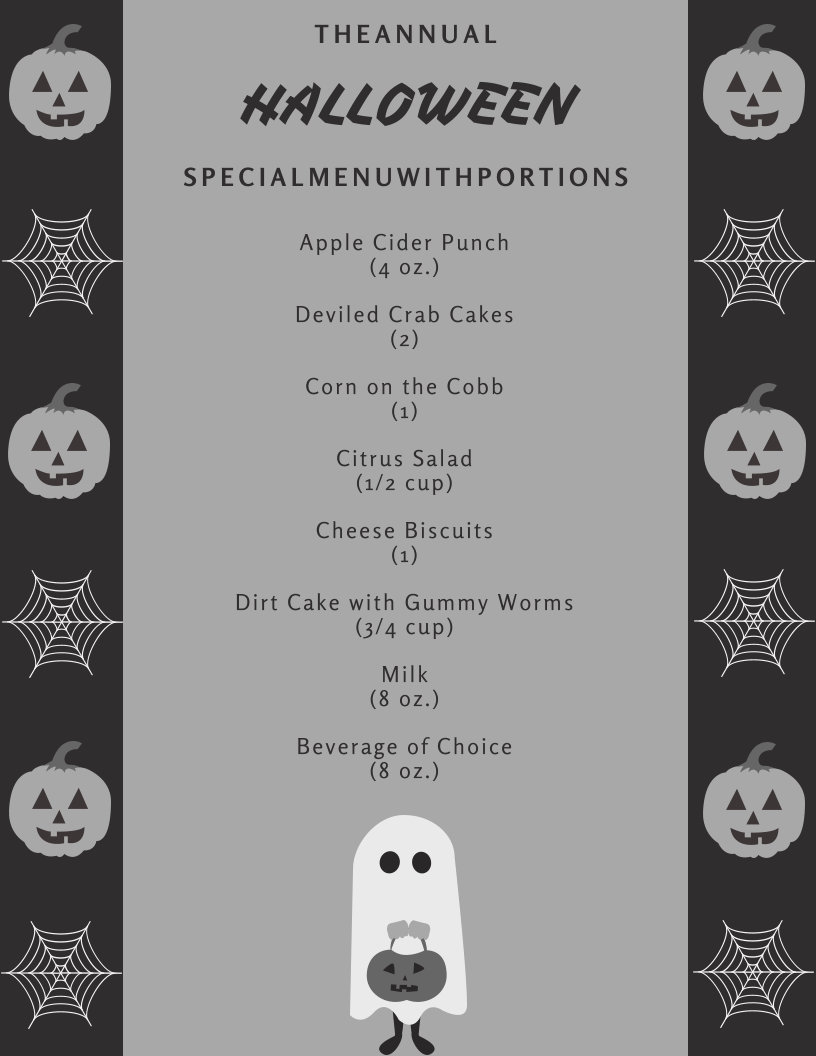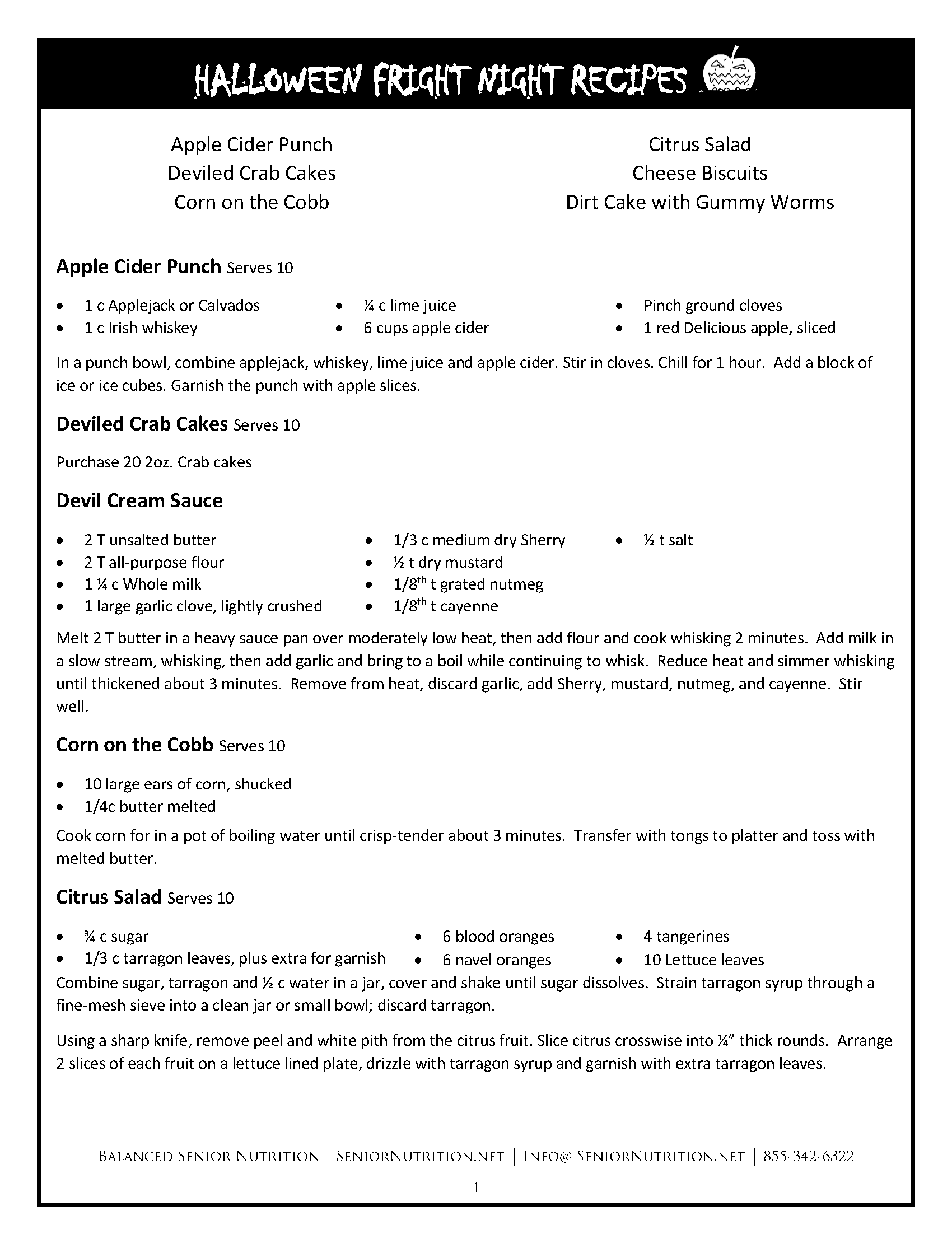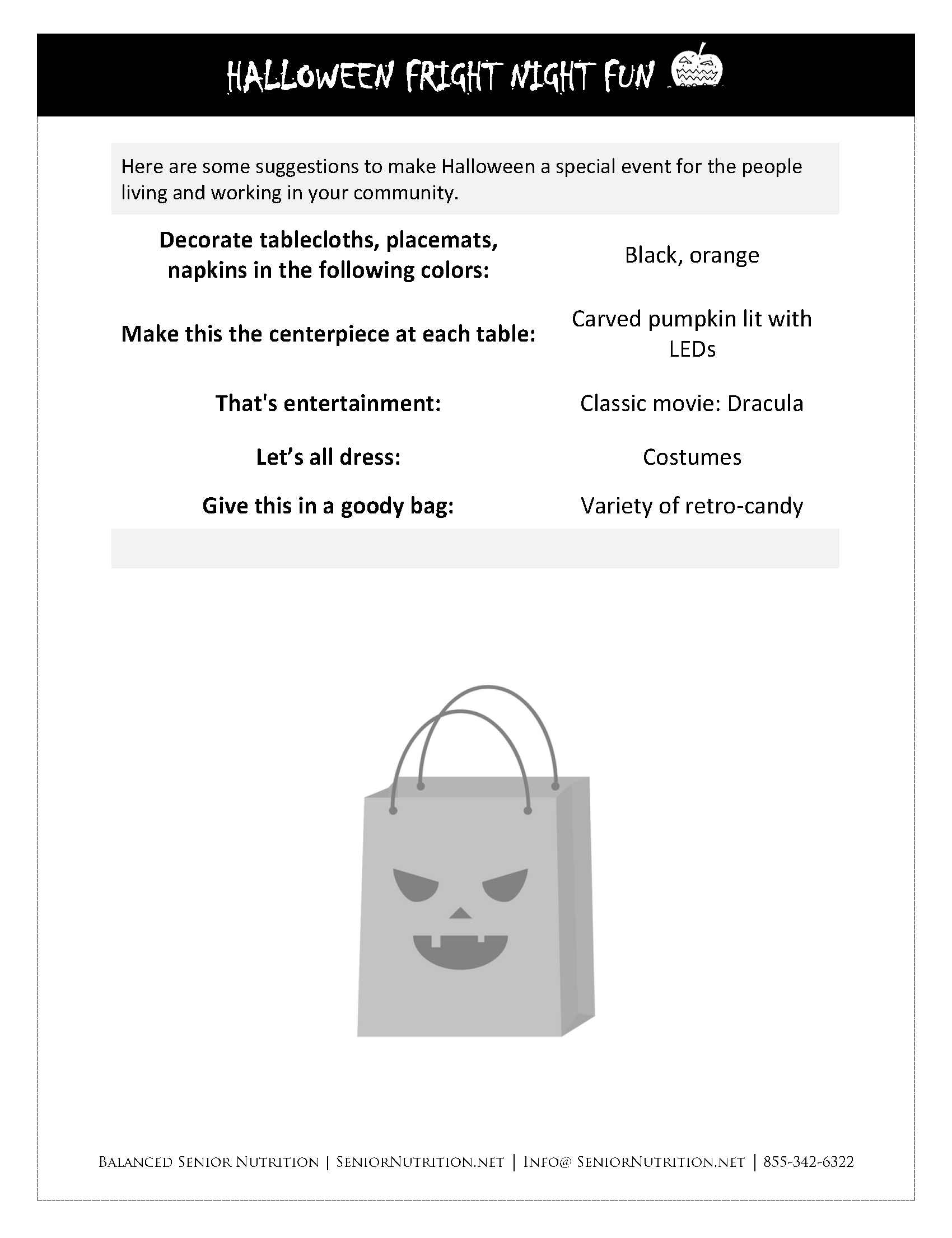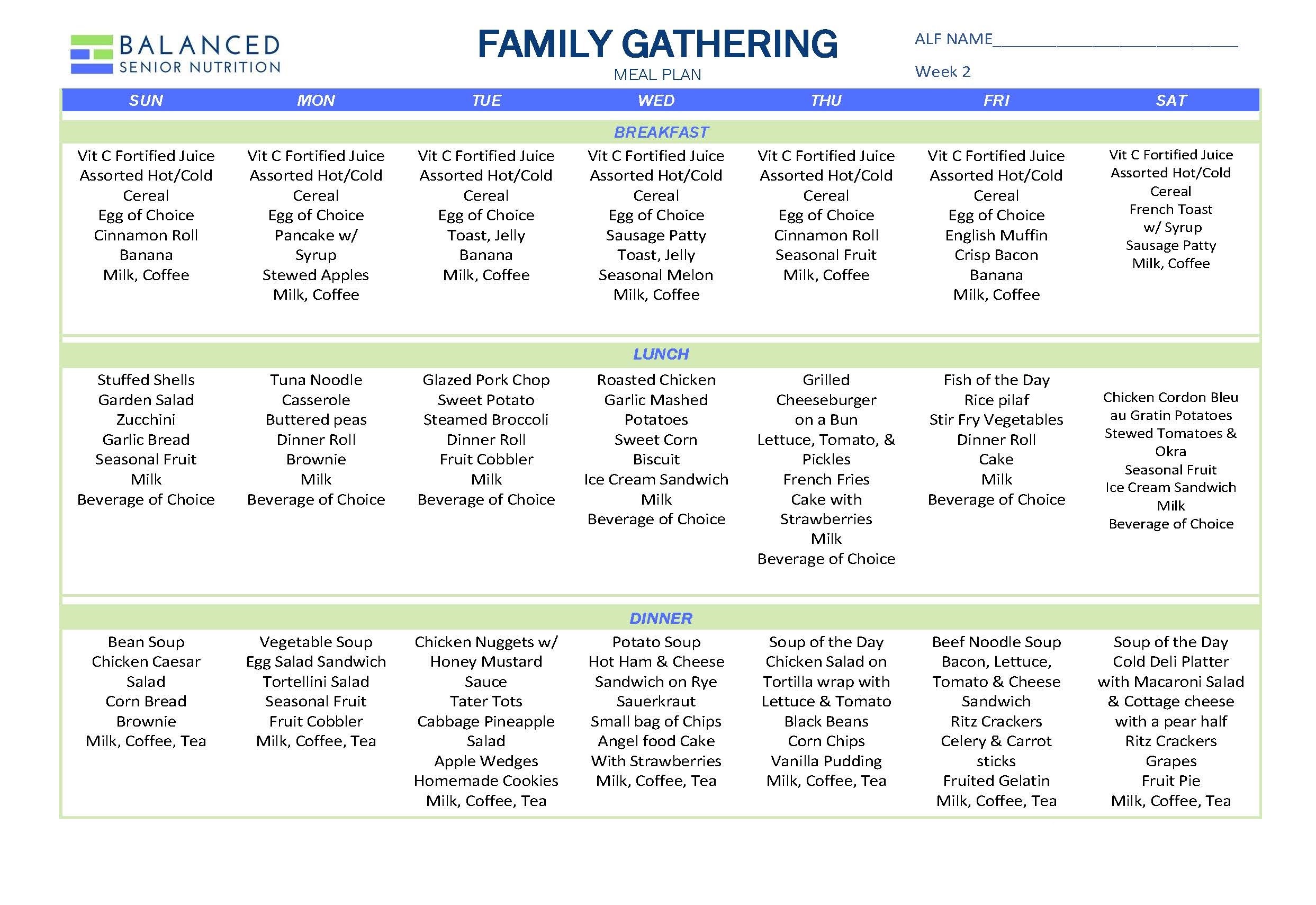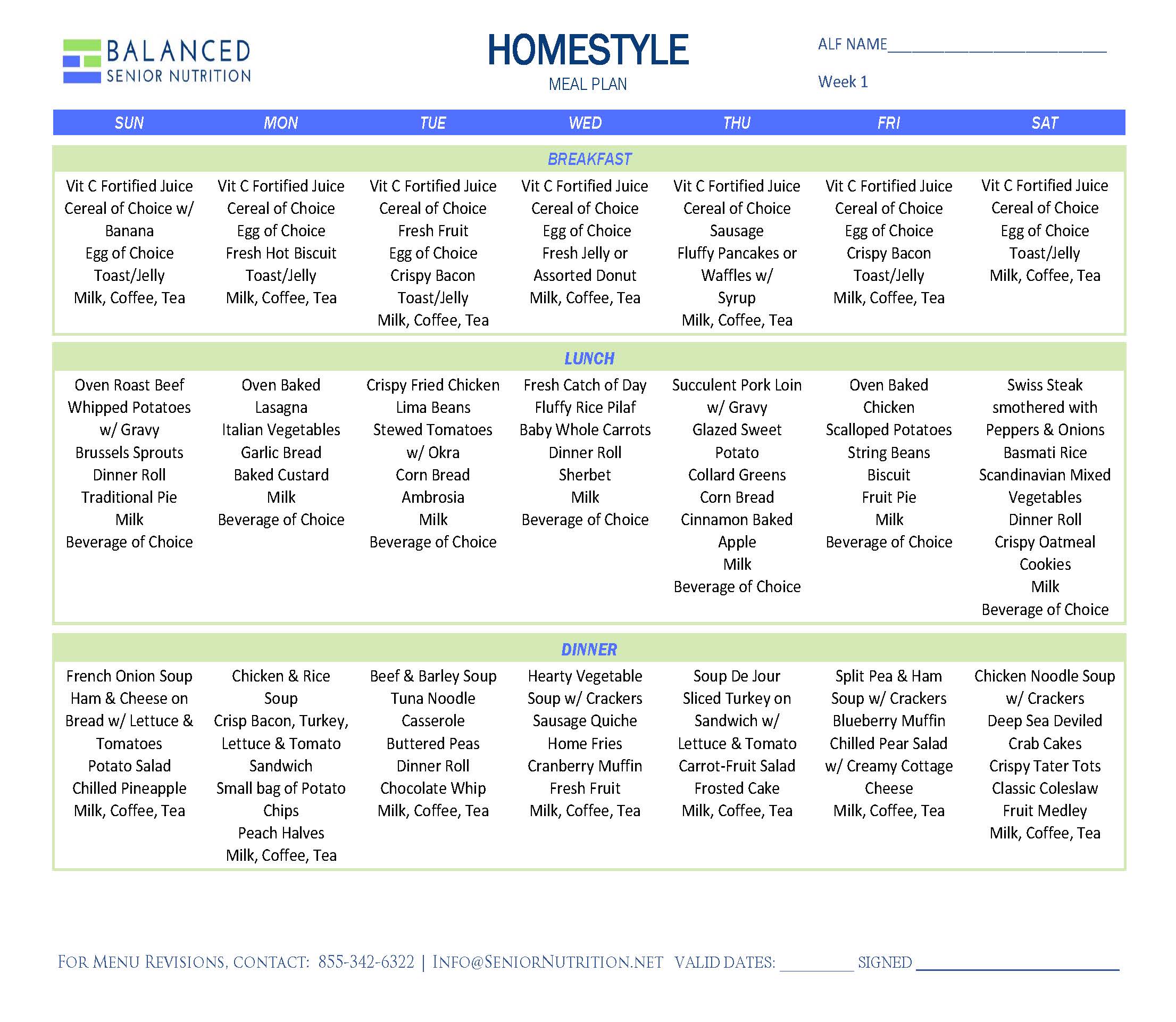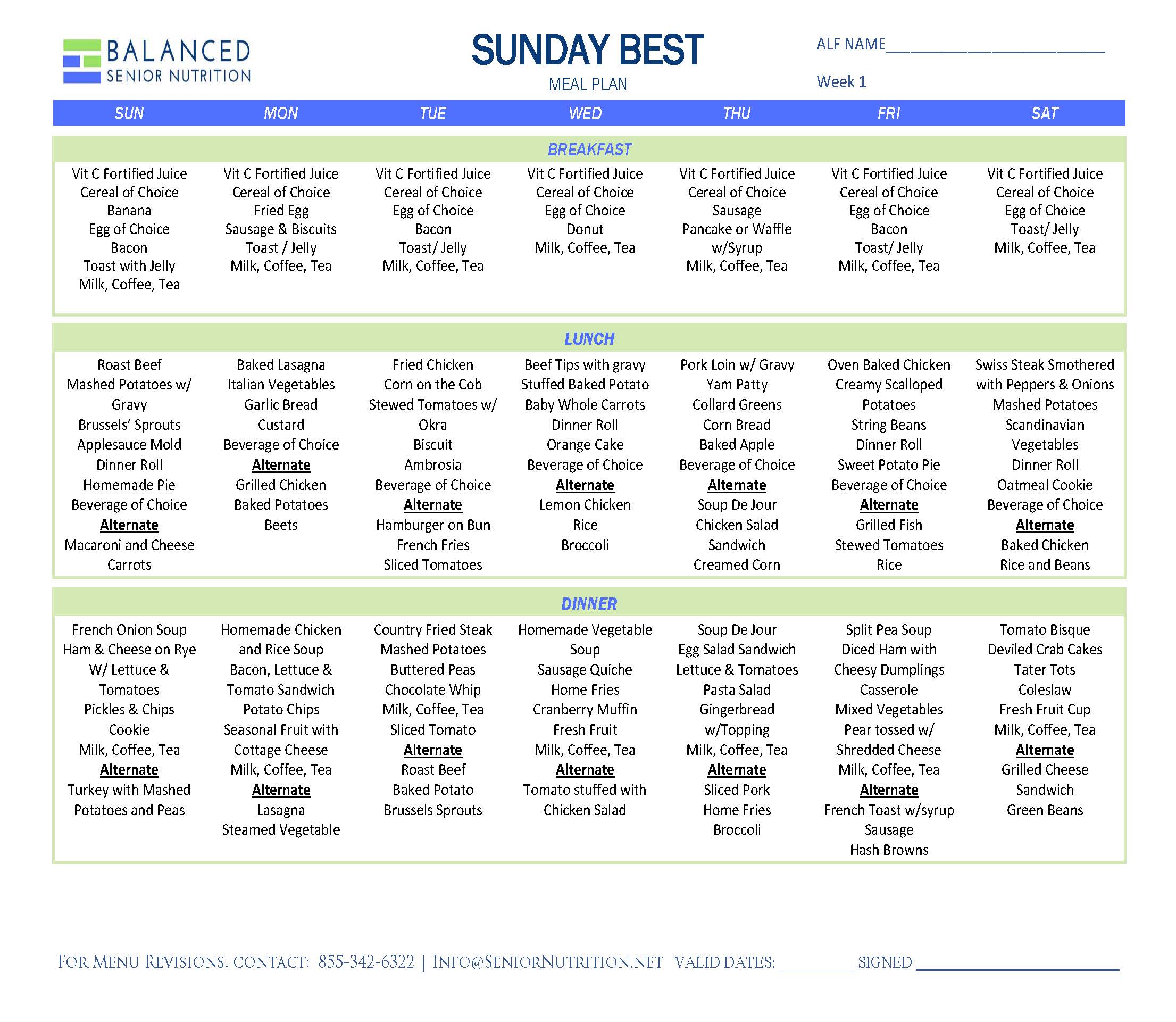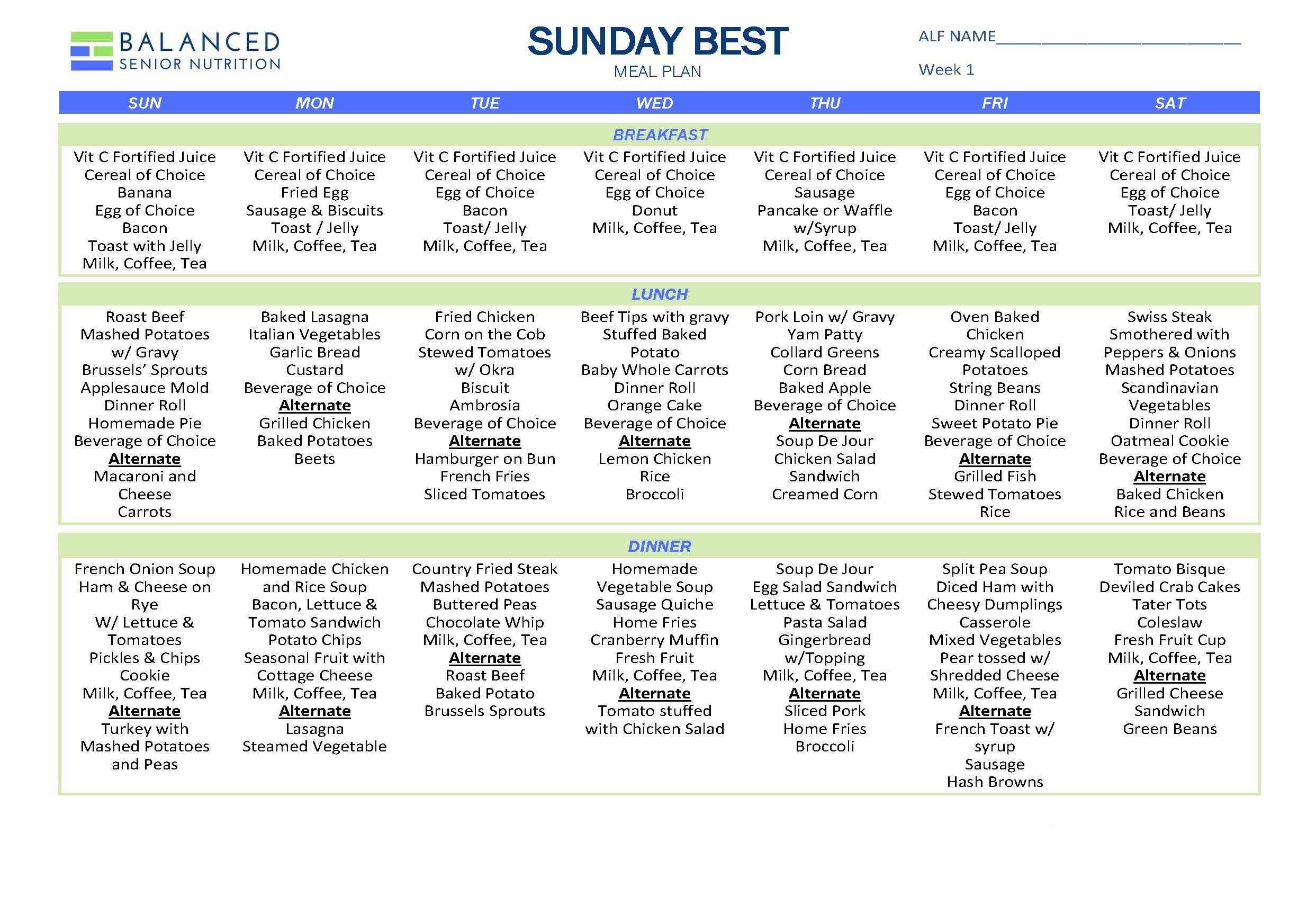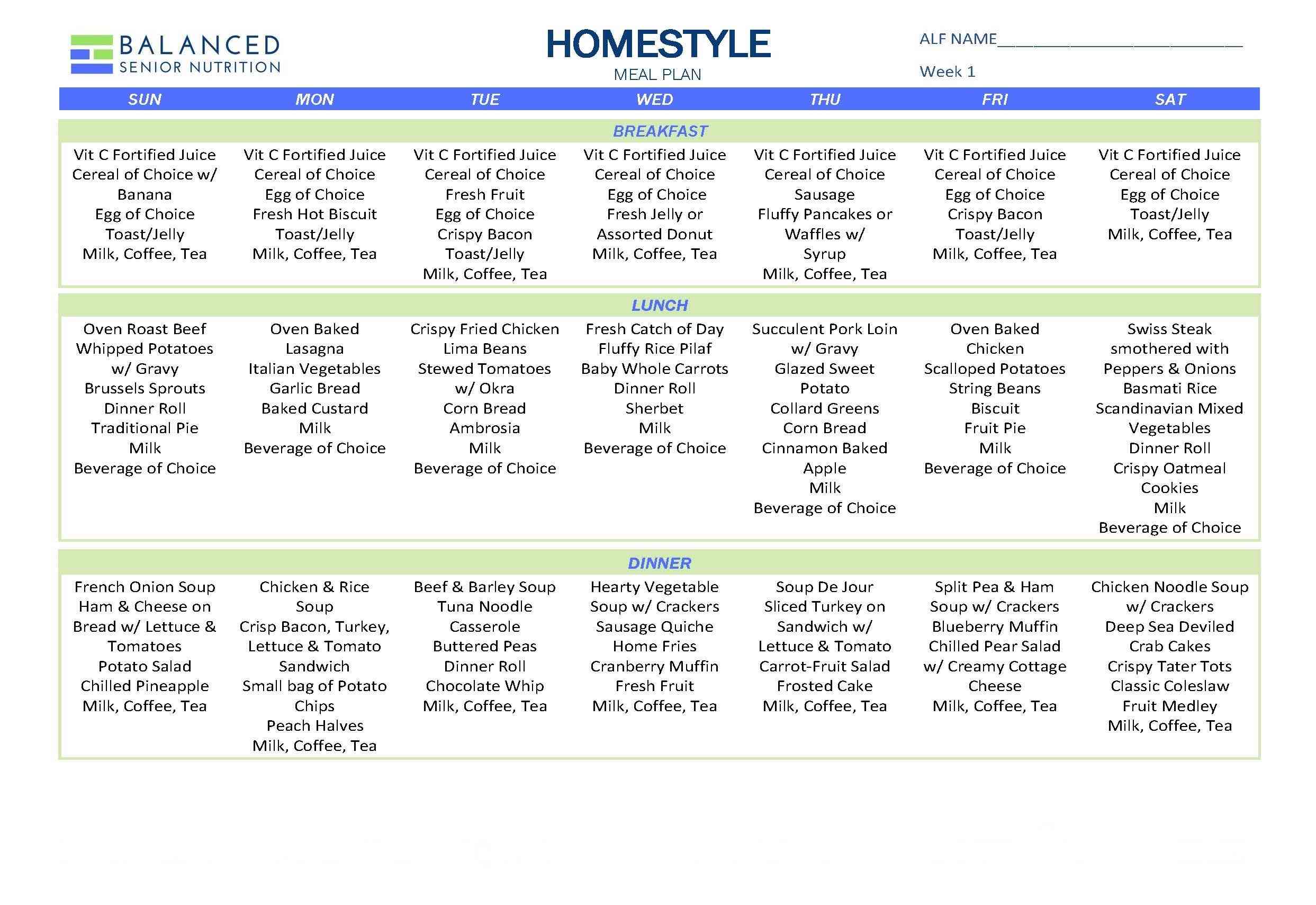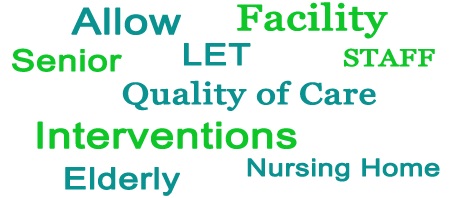
-
- As some of you may know, my company has been working on a manual for continuing care called The Inside Scoop on Informed Choice: a Step-by-Step Guide for Liberalizing Diets. It has been a rewarding and difficult journey (boy, has it been a difficult) as I have discovered how complex these issues are and how entrenched some of the institutionalized language in our vocabulary is. My good friend and colleague, Carmen Bowman, has even written a book that includes a section on using dignified language. Quality of Life: The Differences between Deficient Practice, Common Practice and Culture Change Practice. She helped me spot some of the common offenders when editing the guidebook for language. For this post, here are thirteen words or phrases that you should set your radar to detect. See how many of these you use.
- Institutionalized or Controlling Language: Facility/nursing home/care center. While technically this triple header isn’t one word, the titles facility, nursing home and care center all refer to the same place in a way that conveys it as an institution.
- Example: Our facility supports self-directed living.
- The Better Choice: Home, community, continuing care community. These words imply a place where a person lives with other people, not a place in which a patient is housed with other patients.
- Better choice in action: Our community supports self-directed living.
- Institutionalized or Controlling Language: Interventions. This word is straight out of the traditional care plan and sounds vaguely troubling to someone who needs one. It also does not indicate the inclusion of the person in its implementation. It is a word that says: “here is what we are going to do” not “here is what we are going to do to support your decision.”
- Example: These are the interventions we will use to support your dining choices.
- The Better Choices: Approaches, what we need from you, support needed, assistance needed. These words are inclusive and solicit input from the person whose life will be affected by the approaches.
- Better choice in action: These are the approaches we will use to support your dining choices.
- Institutionalized or Controlling Language: Allow, let. These words imply control. In the following example, the words will allow imply that the care partner is the one in control, not Joe.
- Example: The consistent care partner will allow Joe to control his carbohydrate intake.
- The Better Choices: Encourage, welcome, offer. These words support a person in making an informed choice.
- Better choice in action: “The consistent care partner will encourage Joe to control his carbohydrate intake.”
- Institutionalized or Controlling Language: Elderly, senior, older adults.
- Example: The elderly living in our community are no different than us when it comes to wanting control of their lives.
- The Better Choice: Everyone knows that most people in continuing care are over 65 years old so the labels elderly, seniors, older adults are unnecessary.
- Better choice in action: The people living in our community are no different than us when it comes to wanting control of their lives.
- Institutionalized or Controlling Language: Staff is impersonal and implies bureaucracy where everyone walks in lockstep following procedures without question.
- Example: Staff wants to make self-directed living a priority in our community.
- The Better Choices: Team members, care partners, colleague, associate. These words imply real people who are willing to work together with the people for whom they care, and are not an impersonal bureaucracy of faceless drones.
- Better choice in action: Team members want to make self-directed living a priority in our community.
- Institutionalized or Controlling Language: Quality of life and quality of care. How can you define quality of life or quality of care when one person’s idea of each concept may be completely different from someone else’s? These phrases have become meaningless platitudes and need to be retired from the community’s lexicon.
- Example: We want people to make choices that support quality of life and quality of care.
- The Better Choice: Individualized care. This phrase says what it means: individualized care means care that is tailored to one person’s vision of how they want to live his or her life and the care the person wants to receive.
- Better choice in action: We want people to make choices that support Individualized care.
- Institutionalized or Controlling Language: Facility/nursing home/care center. While technically this triple header isn’t one word, the titles facility, nursing home and care center all refer to the same place in a way that conveys it as an institution.
Language matters so don’t be the person in your community who says, “In our nursing home, staff will allow elderly residents to choose effective interventions that support quality of life and quality of care.” Instead, be the person who says, “Care partners encourage people to choose unique approaches that support the way he/or she want to live in the community.”

